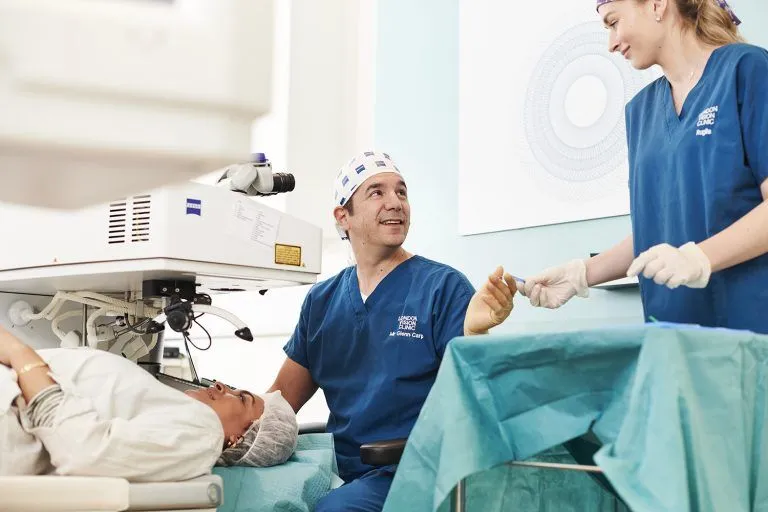
Most Patients Expect the Worst, But That Fear Fades Fast
Before LASIK, most people feel anxious. They expect pain, regret, or something unexpected.
Surgeons usually explain every step, but your mind still jumps to what might go wrong.
Friends share their horror stories. The internet adds more doubt.
But the first clinic visit is often calm, quiet, and more technical than emotional.
Doctors check corneal thickness, pupil size, and your eye’s ability to heal.
That first meeting is less dramatic than you imagined, but your nerves may stay anyway.
Doctors Check Corneal Thickness, Pupil Size, and Your Eye’s Ability to Heal
You’ll go through several machines. Bright lights. A bit of puffing air.
Each test has a purpose, even if it feels random at the time.
They don’t rush. They need to know your eye inside and out.
Some eyes aren’t suited for LASIK, and that’s part of the process.
You may discover that your eye dryness matters more than your prescription.
It’s not just about seeing clearly. It’s about healing well.
It’s Not Just About Seeing Clearly. It’s About Healing Well
Before surgery, you’ll be told what to avoid.
No contact lenses for days. No creams or makeup on surgery day.
You’ll get a list — specific and simple.
And then comes waiting, which can feel longer than it really is.
You’ll wonder if you’ll feel anything.
You’ll imagine lights, sounds, sharpness — most of it won’t happen.
You’ll Wonder If You’ll Feel Anything
On surgery day, you won’t wear anything fancy.
Just clean clothes, no perfume, and someone to drive you home.
The clinic may look like any other, but your nerves still spike.
A nurse gives you drops. Numbs your eyes. Calms your breathing.
There’s no needle. No general anesthesia.
You’re awake the entire time, but without pain.
You’re Awake the Entire Time, But Without Pain
The chair leans back slowly. Lights move above your head.
Your eye is held open gently.
You don’t feel the laser. You hear it. A clicking sound, nothing more.
One eye at a time. You look at a point that stays still.
It’s bright but not uncomfortable.
The whole procedure takes minutes, not hours.
One Eye at a Time. You Look at a Point That Stays Still
You may smell something faint. That’s normal.
You may feel pressure for seconds. That’s normal too.
They tell you what’s happening as it happens.
You might feel like blinking — but you won’t be able to.
Still, you’ll be okay. It’s less strange than you expected.
And then it’s over, quicker than your mind can process.
And Then It’s Over, Quicker Than Your Mind Can Process
You sit up. Things look foggy, soft, like a dream.
Your vision is there, but not sharp yet.
They give you goggles to protect your eyes.
You leave the clinic within minutes.
Someone drives. You stay quiet.
You keep your eyes closed most of the way home.
Your Vision Is There, But Not Sharp Yet
That first evening is for resting.
No screens. No lights. No rubbing your eyes.
You may feel dryness, pressure, a slight sting.
Sleep helps most of it disappear.
By morning, the fog usually lifts.
Not completely, but enough to shock you.
By Morning, the Fog Usually Lifts
Letters on the wall. Numbers on a clock.
Everything starts to return, little by little.
You might see halos around lights — that’s normal.
Your follow-up appointment is often the next day.
Doctors check for healing. They measure your new clarity.
Most people smile at that moment. Some cry.
Doctors Check for Healing. They Measure Your New Clarity
The drops continue — antibiotics, anti-inflammatory, lubricating.
They become part of your daily routine.
You’ll avoid swimming, dusty areas, or eye makeup for a while.
You’ll wear sunglasses even indoors at times.
Each week, vision sharpens.
And each day feels less strange than the last.
Each Week, Vision Sharpens
You may notice small changes.
Reading becomes easier. Reflections seem crisper.
Colors might look more defined, less muted.
Night driving may still feel odd at first.
But it improves with time, just like during childhood.
Your eyes keep adjusting even when you stop noticing.
Night Driving May Still Feel Odd at First
Your final check-in might be months later.
By then, LASIK feels like something you barely remember.
No more fogged glasses. No dry contact lenses.
You forget how it used to feel each morning.
It’s not magic — but it’s very close.
And it stays that way for most.
LASIK Feels Like Something You Barely Remember
The scars are microscopic. The benefits, constant.
Not everyone qualifies. Not everyone needs it.
But for those who do, it’s a shift.
Not just in vision, but in routine, in confidence.
It begins with fear, ends with relief.
And in between, it’s simpler than expected.
